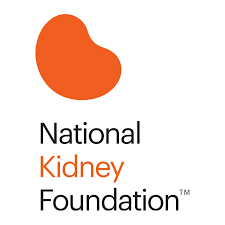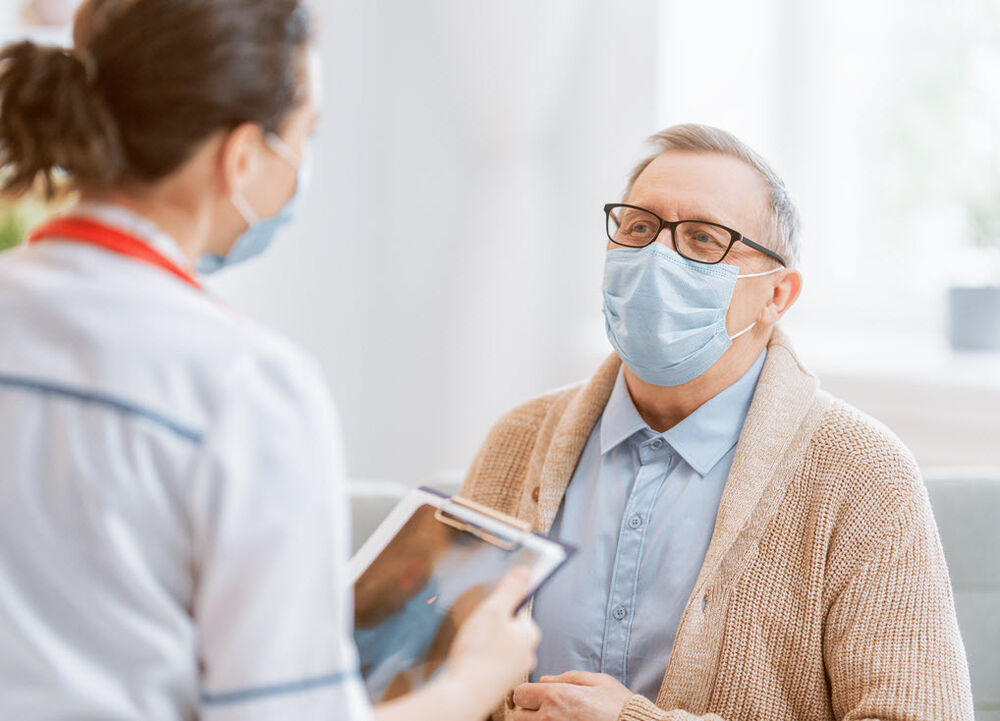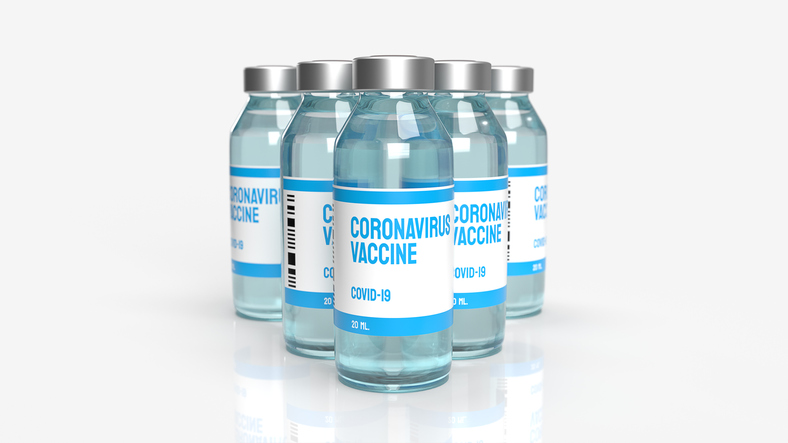“The unvaccinated or people with weak immune systems at high risk of severe disease can receive an injection if exposed to an infected person.
People at considerable risk of developing severe Covid-19, including millions of Americans with compromised immune systems, now have the option of receiving a preventive monoclonal antibody treatment if they have been or are at risk of being exposed to the coronavirus.
The Food and Drug Administration’s action on Friday brings hope to the estimated 3 percent of Americans who are immunocompromised, including those with autoimmune diseases, HIV patients, cancer patients and organ transplant recipients, who may still be vulnerable to Covid even after being fully vaccinated.
This is the first time an injectable coronavirus antibody treatment has been approved for use as a prevention of Covid after someone has been exposed to the virus.”
Read more, here.








